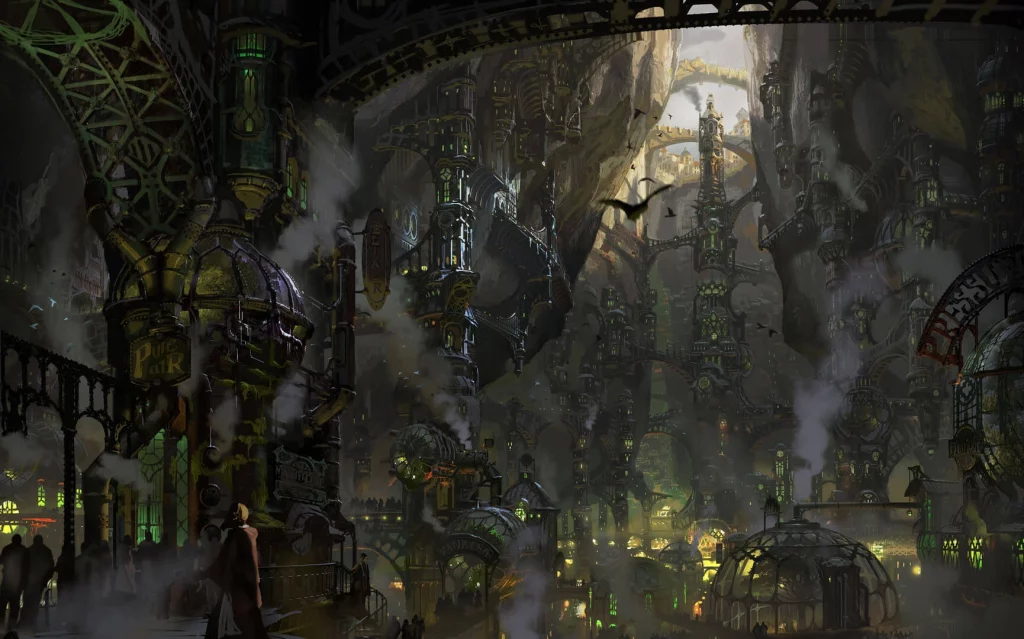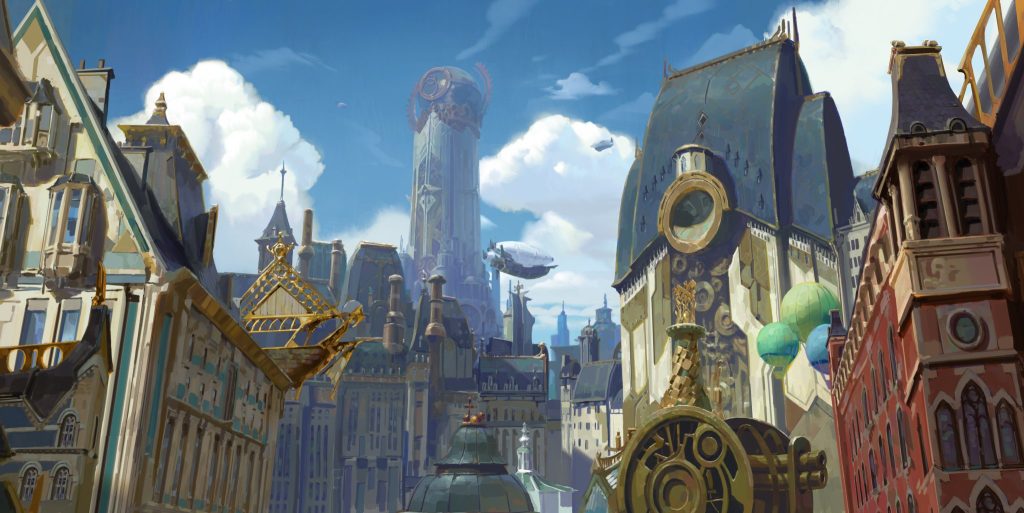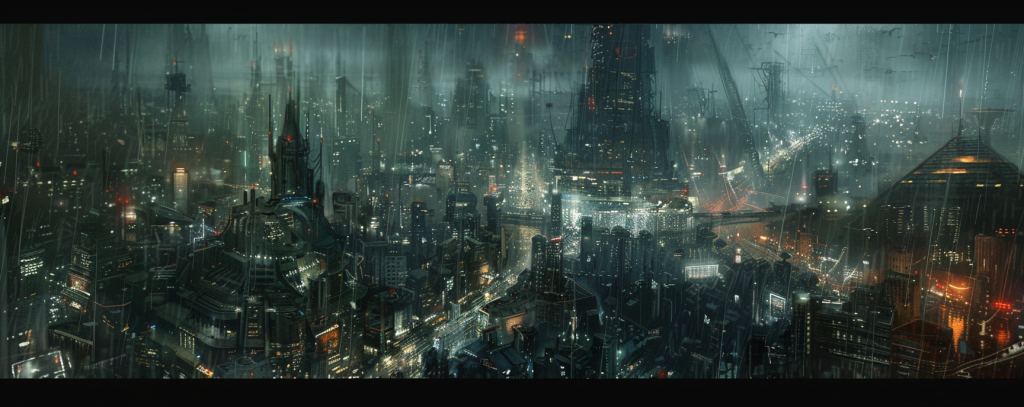Personally, I do believe that corporations are heading this way, especially with the ruling of the Election night on Tuesday. Many corporations during our current time and even in the past have taken advantage of the people that they should be helping and serving, such as companies like Monsanto. While corporations in the Cyberpunk world are way more advanced and futuristic, the things that they want to accomplish are not too far off. I think a lot of what happens in the Cyberpunk world is somewhat dramatized, but it shows how far these companies will go regardless of the people that are harmed in the process or on purpose.
In Blade Runner, we see that the founder and CEO Tyrell was definitely okay with creating life and giving it to the Replicants even when they were basically told that their life was not theirs. Along with that, his assistant was a new version of Replicant who thought she was human and had human memories. Watching her lose confidence in herself when realizing she wasn’t real yet Tyrell had no compassion showed how ruthless companies and corporations can be. While watching the movie, I also saw that the Tyrell Corporation thought that putting a timer on their life knowing that they may become sentient and their own beings who just want to live was very disturbing.
In our real world, I believe that Monsanto, which I mentioned earlier, was a company that had no true care for people and changed the way of life. When learning about Monsanto, the one big thing that always stood out to me was the fact that Monsanto had a hand in Agent Orange. Agent Orange was a tactical herbicide used in the war by the U.S against other countries that caused people many health affects such as cancer like Leukemia. Monsanto had a hand in manufacturing it which once again shows how companies do not care for people.
https://www.ncbi.nlm.nih.gov/books/NBK236351





